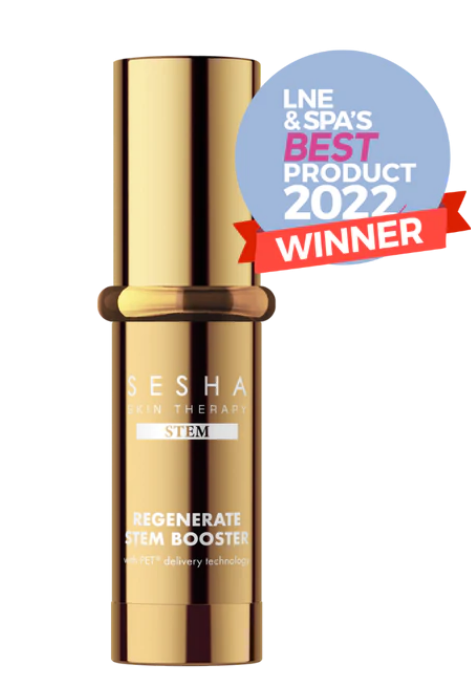Debunking Myths Attached to Retinoids
Retinoids are
vitamin A compounds that can help with defense and
collagen synthesis. They have various potential advantages, including lowering
inflammation, clearing pores, minimizing wrinkle appearance, and controlling
cell proliferation in the epidermis.
Psoriasis,
acne, pigmentary diseases, and some forms of cancer may all benefit from more
powerful retinoids. Stronger versions, on the other hand, are more prone to
burning. A category of chemicals derived from vitamin A is referred to as
"retinoid."
This
implies they're comparable to vitamin A in terms of structure and function.
Because of their beneficial antioxidant properties and cosmetic
appeal, retinoids are a frequent active component in many dermatological
treatments and cosmeceuticals. There are many myths attached to the concept of
retinoids. Let's clear them one by one.
The
skin is thinned by retinoids
This one is generally suspected since skin tearing has become one of the
negative effects of using a retinoid for the first time.
Many
people believe their skin is deteriorating, but this is not the case. Retinoids
assist in tightening the skin because they increase collagen production. This
is advantageous, considering thinning skin is one of the normal indications of
ageing. You can use regenerate stem booster creams as retinoids work best
when your skin is hydrated and plump.
Retinoids
make your skin sun-sensitive
Several
consumers are worried that using retinoids may leave their skin extra
sunlight-sensitive. Grab on to your chairs because this is not the case.
Retinoids
degrade in the sun, rendering them less stable and useful. And that is why they
are offered in steel tubes or impenetrable canisters, since they are best used
at night-time.
Retinoids have
been thoroughly researched and found to have no effect on the incidence of
sunburn. That's not, though, a licence to walk out in the sun lacking adequate
sunscreen.
Retinoids
cannot be used around the eyes
Most
individuals believe that retinoids are too harsh for the sensitive eye region. Yet,
this is really the zone wherein lines appear initially and where retinoids'
collagen-stimulating actions can be most beneficial.
If
you have delicate skin around your eyes, apply an eye cream first rather than
your retinoid.
Summary
With
retinoids, it’s better to ease into it by applying once or twice a week at
first. It's frequently advised that you really apply
it over your moisturizer or blend it in with it.




Comments
Post a Comment